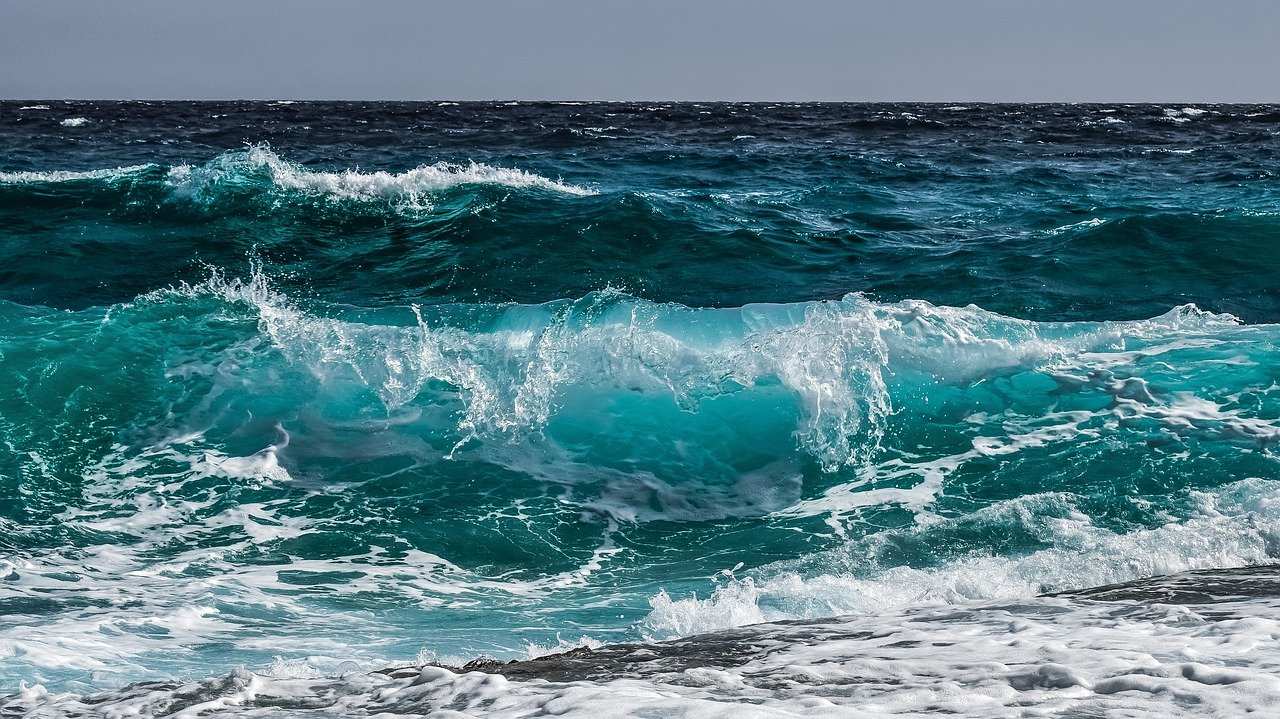
In light of the urgent environmental crisis marked by severe land degradation and the surpassing of planetary boundaries, there is a global call for a radical shift toward regenerative practices that honor local ecosystems and communities. The Recôncavo da Guanabara bioregion exemplifies. Despite progress through frameworks like the Millennium Development Goals, systemic change remains slow, with significant disparities in investment between harmful industries and regenerative practices.
The UN Decade on Ecosystem Restoration aims to restore 350 million hectares by 2030, prompting the need for a decentralized bioregional model built on five key enablers: bioregional boundaries, relational frameworks, new financial mechanisms, capacity building, and Biohubs. A “local” community dedicated to forging regenerative development models that respect nature and cultural heritage while promoting ecosystem restoration. Since 2019, local initiatives have aimed to inspire new generations of change agents through collaborative efforts at international forums, including the UN Conference on Environment and Development.
